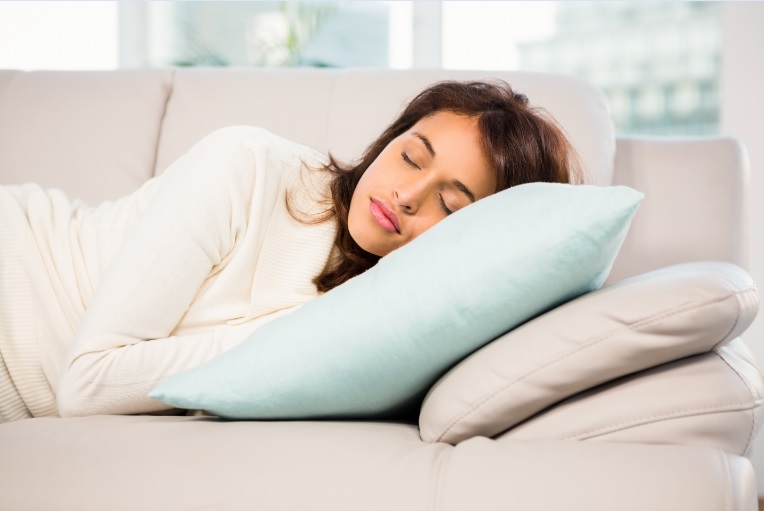Why you really need a nap
September 15, 2018
One study has found that napping at least three times a week for 30 minutes has resulted in a 37% lower death rate. Due to a busy schedule, many overlook the benefits of napping. Although a simple nap cannot substitute a good night’s sleep, many find that it can be the perfect way to improve their mood and performances.
Most naps can be categorized in three different areas: planned, emergency and habitual. Planned napping is, of course, planned. This is usually done by those who will be staying up past their usual bedtime. These naps are used to prevent sleepiness. On the other hand, emergency napping occurs unexpectedly. When feeling extreme exhaustion, one may take an emergency nap to replenish energy. Next, habitual napping becomes part of the routine; a person naps at a specific time each day.
Whichever type it is, naps are not just for people who do not get enough rest during the night. As a matter of fact, naps can deliver great benefits. The National Aeronautics and Space Administration (NASA) study found that a 40 minute nap enhanced performances by 34% and alertness by 100%. It can also decrease accidents and mistakes. For those who work or attend classes late in the day, a nap may boost alertness in the period after taking one and also can extend this alertness a few hours later during the day. Likewise, napping provides a psychological affect. According to the National Sleep Foundation, a nap can be a “pleasant luxury, a mini-vacation” as it is a simple approach for rejuvenation and relaxation. Scientists also found that those who had partaken in a 30 minutes nap displayed a better sign of memory than those who did not nap—or napped too much.
It is important to not only consider the quality of a nap, but also the quantity. Too much of a good thing can be unhealthy. In fact, a nap that lasts too long, especially if lasting more than 90 minutes, can generate problems, such as sleep inertia, which is described as grogginess that results from deep sleep. Charlene Gamaldo, M.D., a medical director of John Hopkins Sleep Disorders Center, said, “Because they are sleeping longer, they may wake up from a deeper stage of sleep, which occurs later in the cycle, and feel fuzzy headed.”
Although naps can be the perfect medicine for people wishing to improve physical and mental health, a person should keep in mind that the best way to feel attentive is getting enough sleep at night.
Here are some tips for taking an efficient nap:
- Consider your sleeping environment. Confirm that the temperature is comfortable (experts suggest approximately 60 to 67 degrees), the noise is down, and the amount of lighting is dark.
- Find somewhere to lie down. According to MentalFloss, it takes 50% longer to fall asleep if you are sitting up compared to lying down.
- Pick a perfect time. A nap too late in the day, especially after 4 p.m, can disturb your sleeping patterns during your normal bedtime.
- Set an alarm. Short naps generally last 20-40 minutes, stated sleep expert Michael Breus, Ph.D.
- Try to stick to a schedule. Taking habitual naps allows the body to recognize the rhythm, making it easier for a person to fall asleep faster.
- If possible, step outside after your nap. According to internist Jacob Teitelbaum, MD, “Sunlight can also increase the body’s production of serotonin, which lifts mood and increases energy”.
- Just take a nap! Even a 10 minute one can help you get through the day.






























